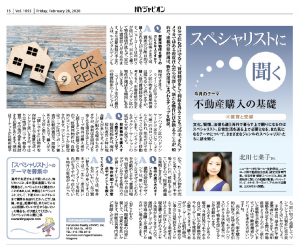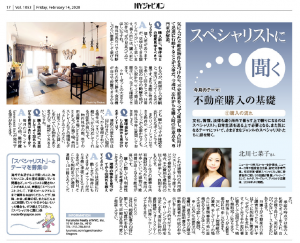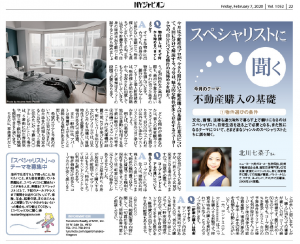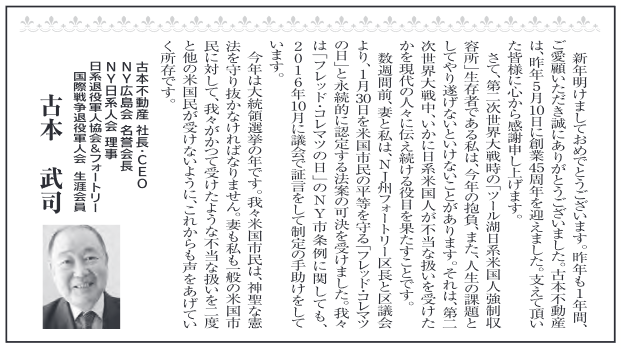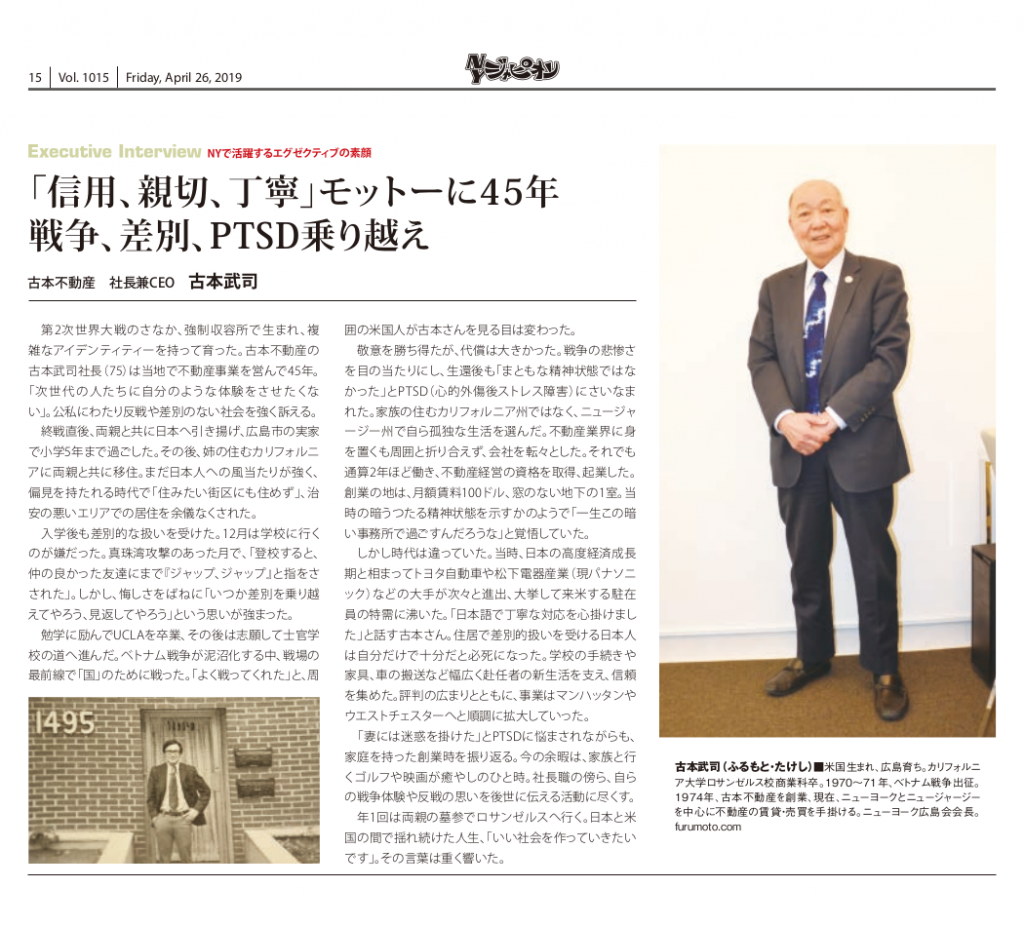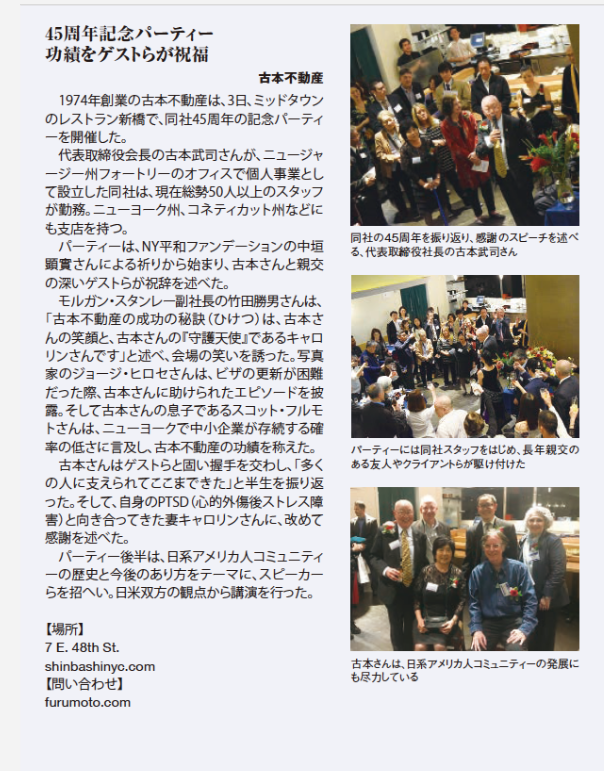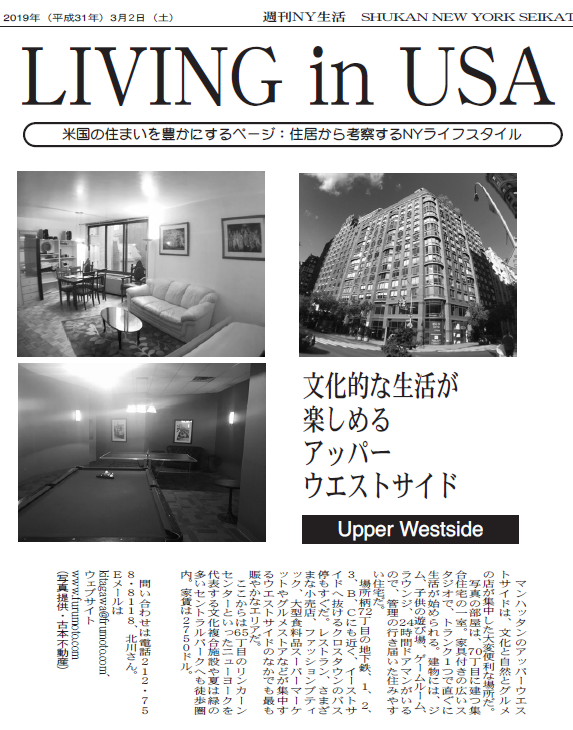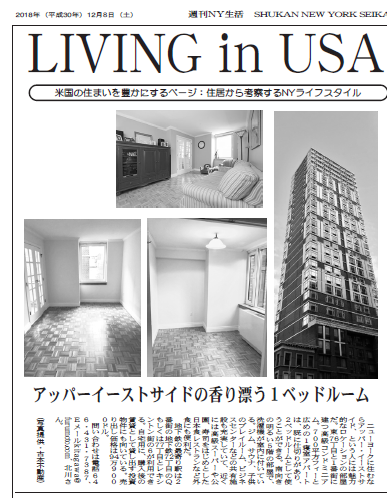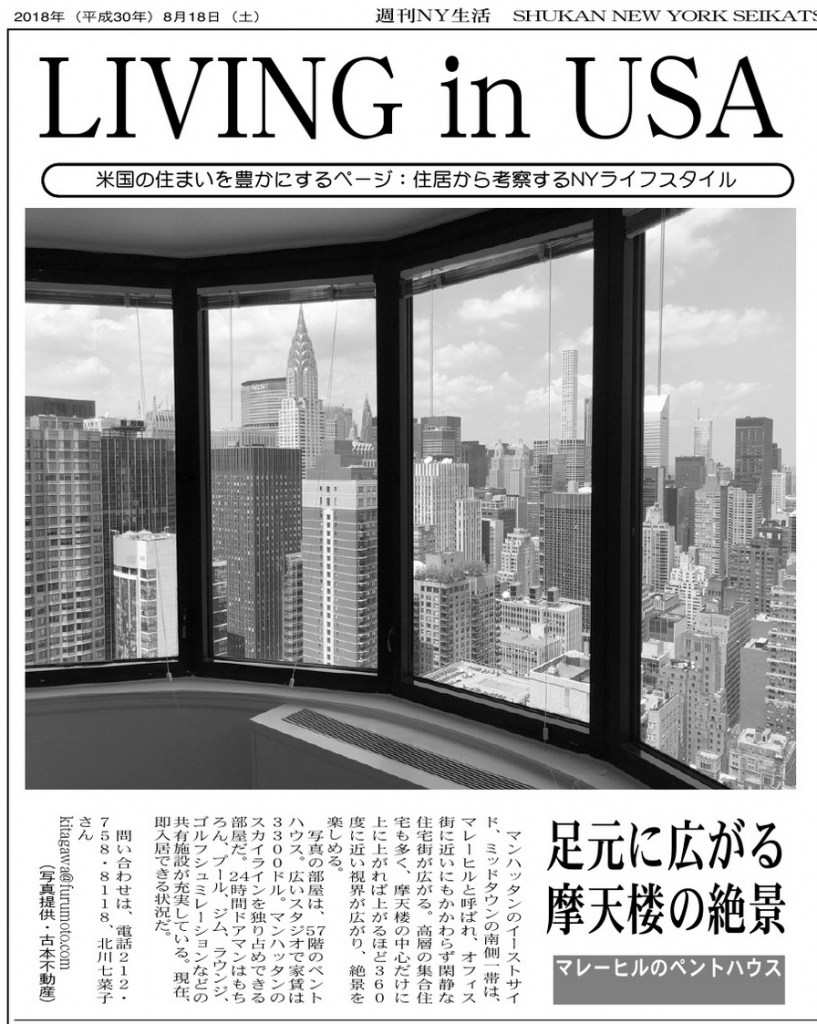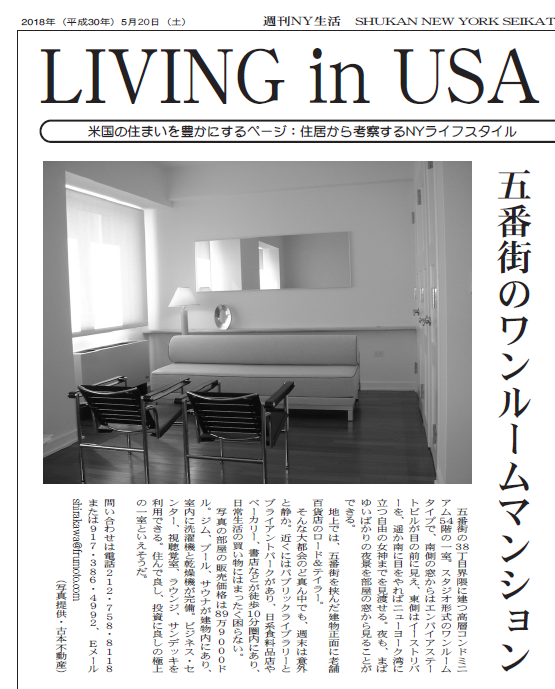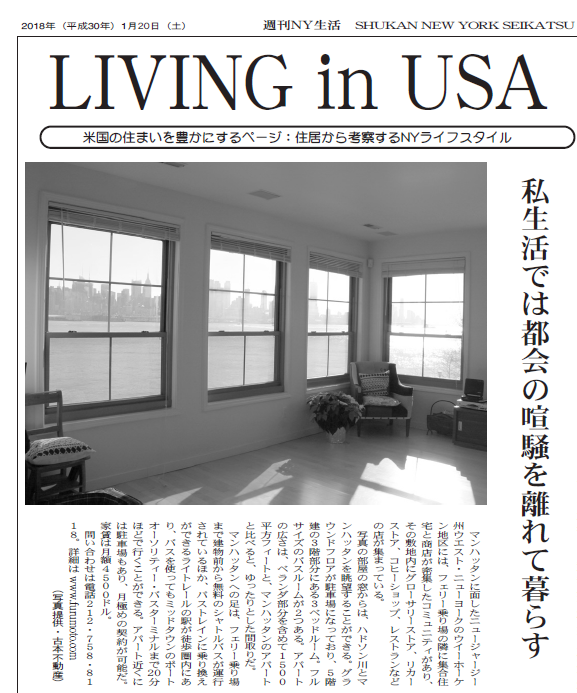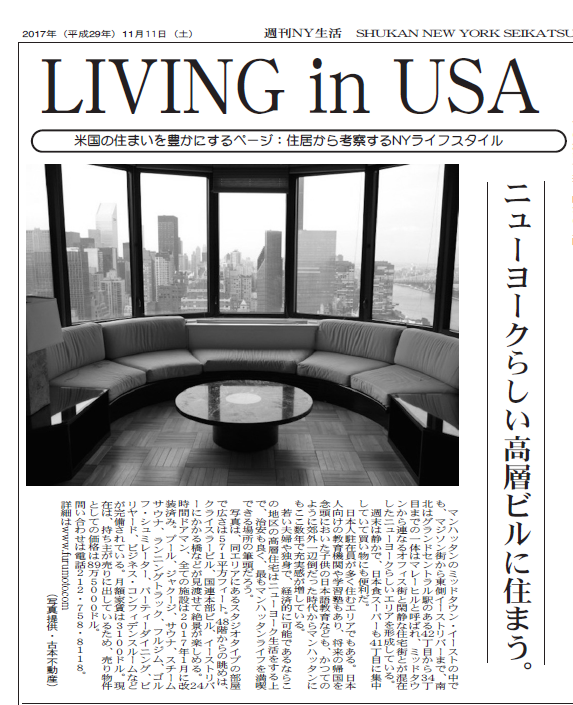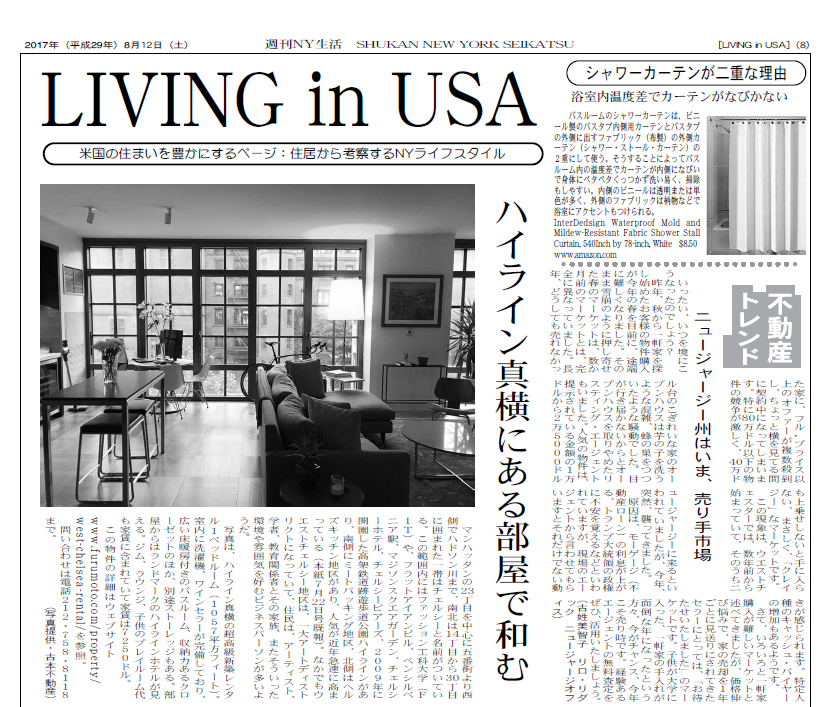アフリカ系アメリカ人の人権問題について
アフリカ系アメリカ人の人権問題について連邦議会で提出予定のHR-40(House Resolution #40)に関連して、古本会長が第二次世界大戦中の日系アメリカ人強制収容所での自身の経験などを交えた証言書を提出しました。
HR-40とTsuru for Solidarityの活動については、こちらのリンクから:
Call for Testimony in Support of HR 40
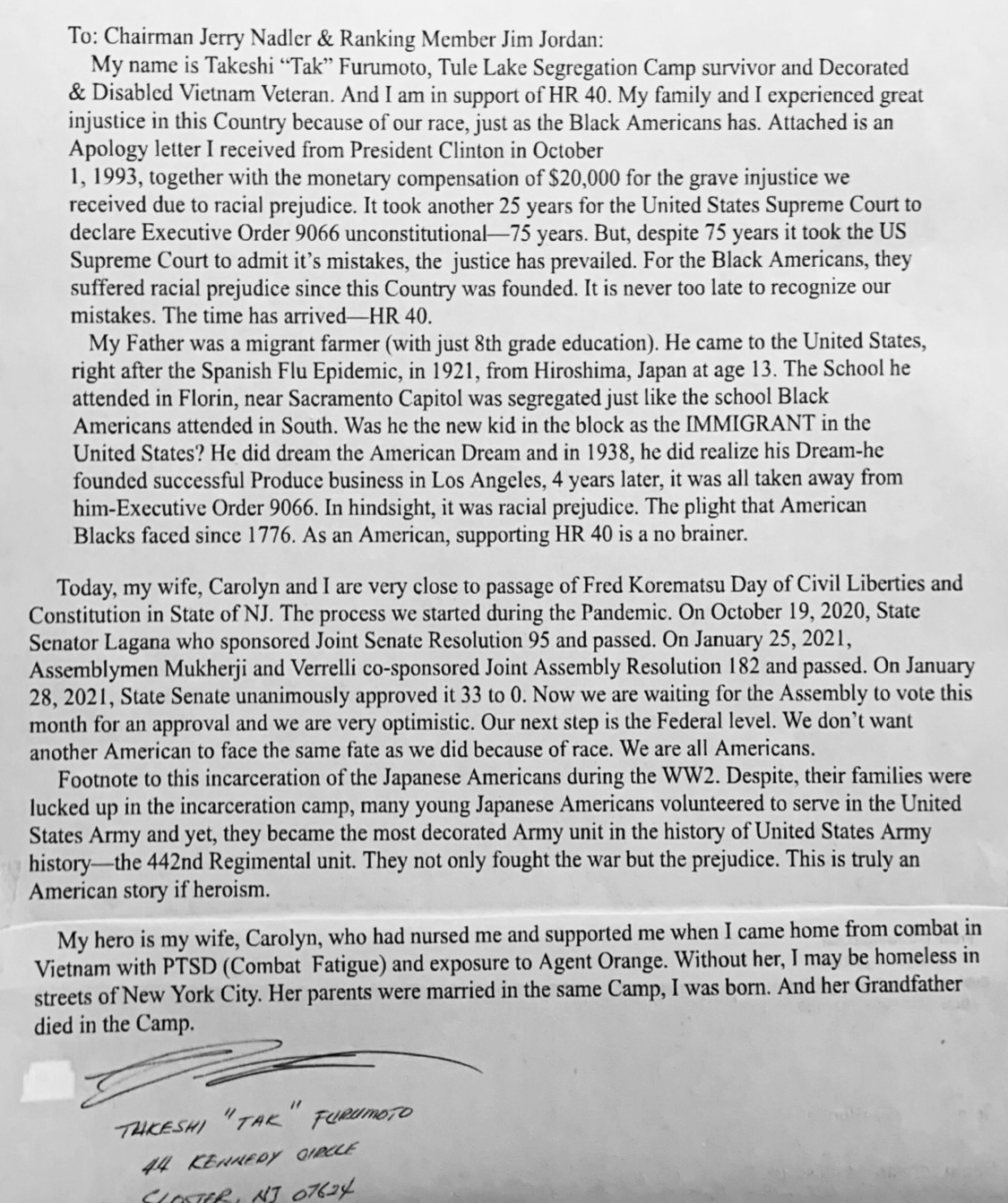
※ HR-40についての詳しい情報はコチラの動画から:
フレッド・コレマツの日 UPDATE
2/6 古本会長が、フレッド・コレマツの日について最新動画をアップしましたので、是非ご覧ください。古本会長と多数の政府関係者、コミュニティー・リーダー、在ニューヨーク総領事山野内大使様の多大なるご協力により、来年よりめでたく、ニュージャージー州全域において、1月30日が正式にフレッド・コレマツの日として制定される運びとなりました。これに関連して、週刊NY生活紙とJAVA(日系アメリカ人退役軍事協会)にそれぞれ記事が掲載されました。
動画はコチラから:
2nd Annual Fred Korematu Day フレッド・コレマツの日
フレッド・コレマツの日は、フレッド・コレマツ氏の生まれたカリフォルニア州で10年前に制定されて以来、全米各地で認定される動きが出てきています。古本不動産のあるニュージャージー州のフォート・リー郡おいては、古本会長が郡の知事と議会に掛け合った結果、昨年1月30日がフレッド・コレマツの日として正式に制定されました。コロナによるパンデミックの中、今年で2年目を迎える記念イベントには、たくさんの政府関係者、在ニューヨーク総領事館、日系コミュニティーの方々からとても暖かいご祝辞の言葉とビデオレターをいただきました。その様子は、Tak &Carol Furumoto のYouTubeにてご覧いただけます:
古本会長がYouTubeチャンネルを開設しました。
古本会長が新たに自身のYouTubeチャンネルを開設しました。在ニューヨーク総領事館および日系アメリカ人のコミュニティーと協力して、様々な地域活動、社会貢献活動について発信していきます。
是非この機会に、チャンネル登録をお願いいたします。
Tak & Carol Furumoto チャンネル:
https://www.youtube.com/channel/UCQbY5u4co2lCwsaR2Z4CpFA
古本会長がニュージャージ、Morris Plains ロータリークラブの朝食会にて公演を行ないました。
3月13日、古本会長がニュージャージ州Morris Plains市のロータリークラブ朝食会に招待され公演を行ないました。
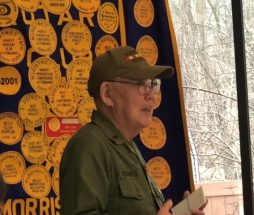 |
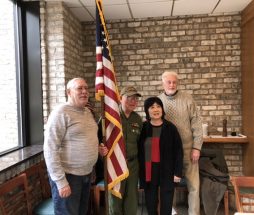 |
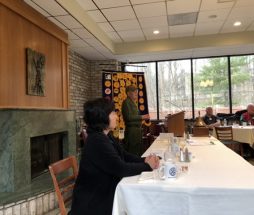 |
ロータリークラブの会誌より:
Last week’s speaker was Tak Furumoto on being Japanese in USA and Japan during WWII.Tak’s family had emigrated to the USA with his grandfather in 1911. His grandparents returned to Japan before the war had started but Tak’s father stayed. Tak’s father had started out as a migrant farm worker who began a business wholesaling produce and was successful until he was forced to give it up to go to a Japanese-American intern-ment camp in Tule Lake, CA. The families were given 10 days notice and only allowed 1 suitcase. Tak was born in the internment camp in 1944 and the family, his parents and 3 sisters, were incarcer-ated there for 4 years. The camp had aprox. 18,000 people in it and everyone was in barracks that slept 8. Tak commented that other Axis power nationalities were not put into internment camps like the Japanese. He believes it was because of the shock of the Pearl Harbor attack that the USA reacted so drastically and uncharacteristically.Tak’s family moved from the internment camp back to his father’s native Hiroshima, where his grand-parents were, following the bombing and his par-ents were told they could not emigrate again to the USA.In Hiroshima Tak and his sisters found it hard to make friends because they were, in the eyes of many Japanese, Americans and caused the suffer-ing in the area. Tak recalls care packages that arrived and his sisters would take all the candy but he got to keep the marbles. Tak enjoyed this be-cause the other kids would play with him when he had marbles but not otherwise. Tak also recalled a cowboy outfit that he received and he wore around the neighborhood and told everyone he would wear it all the time but his mother had to sell it to help pay for food for the family. This made Tak sad and he cried all day but he understood eventually why his Mother had done it.One thing his parents always impressed on his sisters and hm was to study and do well in school so they could do better than his parents had. So both he and his sisters studied very hard.In 1952 one of his sisters emigrated back to the USA. In 1956 the rest of the family relocated back to the USA in Los Angeles. There was a loophole in the immigration law that allowed children to bring siblings and parents to the USA and that is how his parents were allowed back. There was still a stig-ma being Japanese in the L.A. area but the family felt it was better than being back in Japan.Tak graduated from UCLA and then volunteered for Vietnam. He went to OCS in 1968, he met his future wife Carolyn at this time, and was assigned as an intelligence unit. He was stationed in Vi-etnam from 1970-71 and received a Bronze Star during his service. When he returned from Vi-etnam in 1971 he moved to Fort Lee, NJ. He did not find a lot of opportunity for work so he opened the first Japanese American real estate firm in Ber-gen County. The business was rough at first as Tak was dealing with both PTSD and agent orange exposure. He said that his wife Carolyn was his rock and without her he would not had been able to be where he is today. Tak became a success and found a niche helping Japa-nese compa-nies and fami-lies with reloca-tion services in the NY/NJ area. He now is in his 46th year and has offices in White Plains, Manhattan, and Fort Lee and 50 licensed staff.Tak had more stories but we ran out of time. An interesting talk. Thank you to the Furumoto family for sharing it with us.
ジャピオン ”スペシャリストに聞く” 第4回目「不動産購入の基礎④賃貸と売却」です。
ジャピオン ”スペシャリストに聞く” 第3回目「不動産購入の基礎③購入に関しての注意点」です。
ジャピオン ”スペシャリストに聞く” 第2回目「不動産購入の基礎②導入の流れ」についてです。
ジャピオン ”スペシャリストに聞く” のページに掲載されました。第1回目「物件選びの条件」です。
2020年、明けましておめでとうございます。
CEO古本の記事がNYジャピオン Executive に掲載されました。
45周年記念パーティの様子がNYジャピオンに掲載されました。
45周年記念パーティの様子が週刊NY生活に掲載されました。
週刊NY生活に掲載していただきました。
週刊NY生活に掲載していただきました。
週刊NY生活に掲載していただきました。
週刊NY生活に掲載していただきました。
週刊NY生活に掲載していただきました。
古本不動産の物件を、週刊NY生活さんにご紹介いただきました!
週刊NY生活に掲載していただきました。
週刊NY生活に掲載していただきました。
古本不動産の物件を、週刊NY生活さんにご紹介いただきました!


